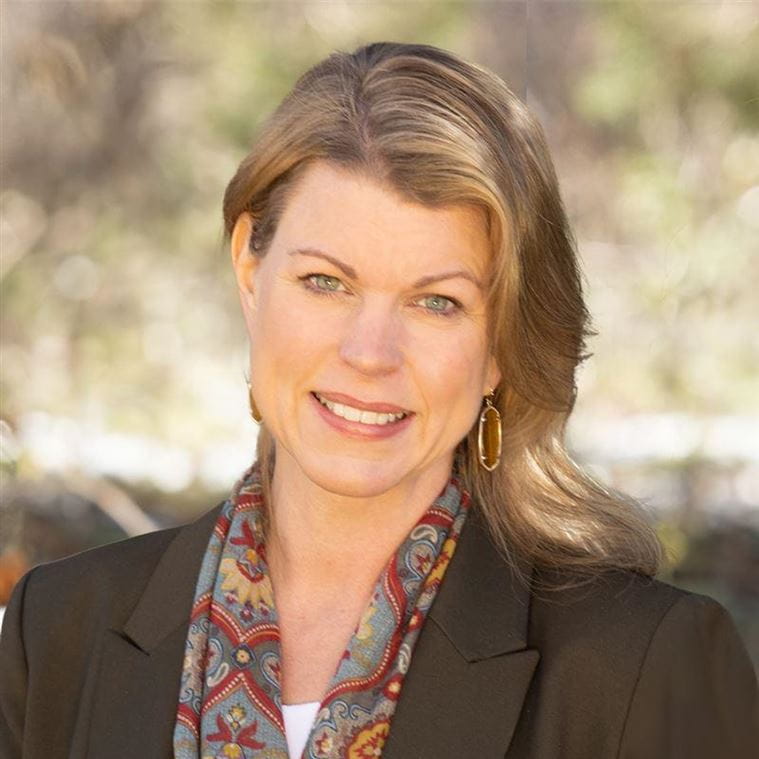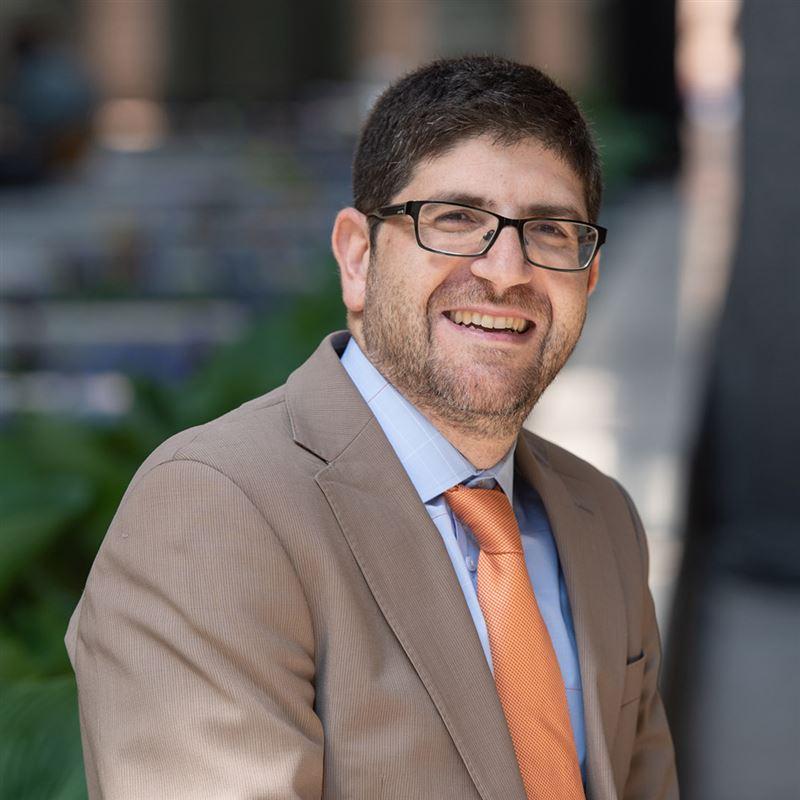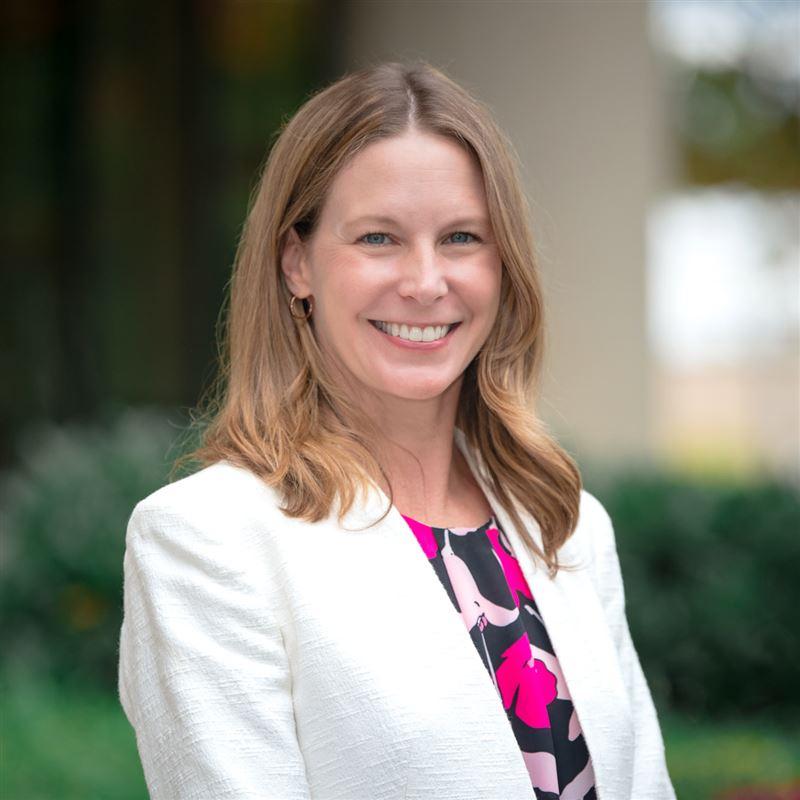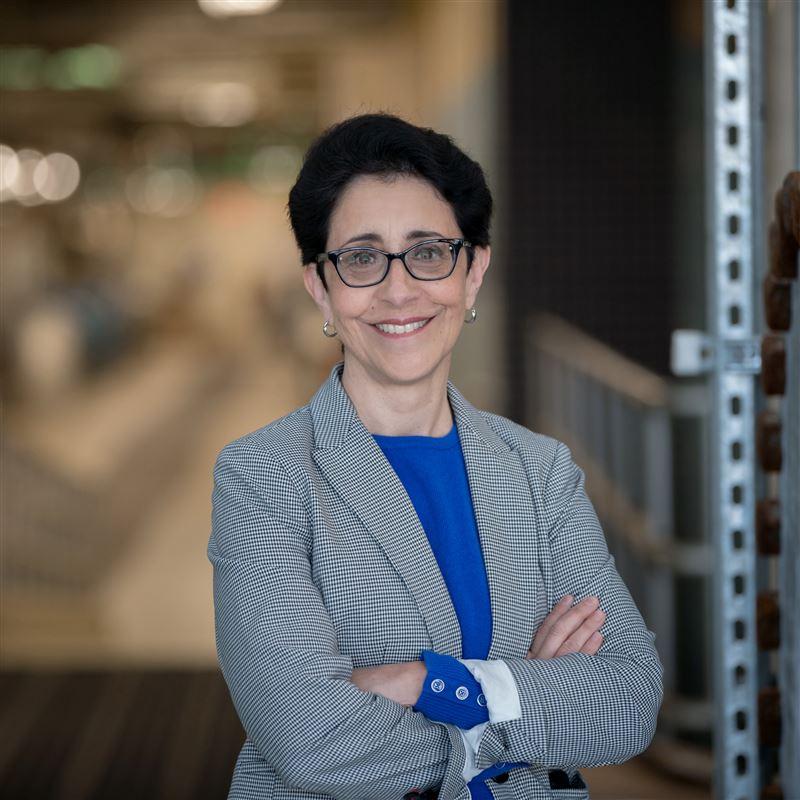Tapping into Lead Service Line Funding Opportunities
Lead service line (LSL) replacement costs quickly escalate when including other aspects of replacement programs like distributing filters, implementing corrosion control, and community outreach. Removing LSLs requires a strategic combination of private, federal, and local funding sources—especially because many public funds cannot be used to offset costs on the private side of the service line depending on what state your utility is in.
Below are some key funding and financing resources to help get you started.
Federal Funding
There are several federal funding sources for LSL-related projects available, learn more about the top funding sources below. We will keep this section updated as new infrastructure bills or federal programs are announced.
DWSRF
The Drinking Water State Revolving Fund (DWSRF) was established by EPA in 1996 and has provided states with $23.6B in federal funding since its inception which has resulted in $48.5B of assistance provided through the states through federal fiscal year 2021. The DWSRF program offers low interest loans, principal forgiveness (grants) and an extended payback period that can be applied to LSLR programs.
During fall 2021, the Bipartisan Infrastructure Law (BIL) was passed and allotted $15B for LSLR projects over the next five years. The funds are required to be distributed with 49% as principal loan forgiveness with a heavy emphasis on state-defined disadvantaged and environmental justice communities. Each state manages their DWSRF program differently, so it is important to review the state’s Intended Use Plan for specific application timeframes and amount of funds available for their DWSRF.
WIFIA
The EPA’s Water Infrastructure Finance and Innovation Act (WIFIA) was established in 2014 and has funded $19B in loans to fund water infrastructure projects to date. Reducing exposure to lead is currently one of the key focuses of the program. The WIFIA program can normally fund up to 49% of project costs with a Treasury rate loan. The loans can be repaid over 35 years, allow for up to a five-year deferral and sculpted loan repayment terms. They can be combined with other bonds, grants, and loans with a maximum federal participation of 80%.
Applications for WIFIA are now accepted on a rolling basis to provide maximum flexibility for borrowers. EPA recently announced they have $7.5B available for the WIFIA program. Their minimum loan size is $20M for communities over 25,000 population and $5M for communities less than 25,000 population. Projects can be bundled to meet the minimum loan size requirements.
CDBG
Community Development Block Grants (CDBG) are administered through the U.S. Department of Housing and Urban Development (HUD). These grants are distributed on a national level to municipalities and organizations, especially those with low to moderate income.
USDA Rural Development Program
The U.S. Department of Agriculture (USDA) Rural Development Water & Waste Disposal Loan and Grant Program provides rural communities with populations under 10,000 people financing to support drinking water, sewage, solid waste, and stormwater infrastructure projects including LSLR.
EDA Public Works and Economic Adjustment Assistance Programs
The U.S. Department of Commerce Economic Development Administration (EDA) offers Public Works and Economic Adjustment Assistance Programs to support both economic development infrastructure improvements in distressed communities.
There are also several programs at the regional and state level that CDM Smith has familiarity with and can assist your community to apply. Reach out to us to discover how we can help.

There is nothing more rewarding than helping our clients bring their projects to fruition at a lower cost due to favorable funding package.
getting the lead out across the U.S.

specific programs
Several states across the U.S. have specific programs to help fund lead-related projects—below are some examples. Other states may not have specific or official LSLR grant programs, but that does not mean there is not funding available.
- Newark: We assisted the city of Newark to acquire $10M in grant funding for its LSL Replacement Program. The team not only managed the physical replacement of the service lines, but served as a facilitator to secure the right funding dollars for Newark's unique needs — not just from the city, but the county and state too.
- Chicago: To help the city of Chicago fund its LSL inventory and replacement plan, CDM Smith identified and completed applications for WIIN and WIFIA and coordinated CDBG and SRF principal forgiveness funds. CDM Smith recently helped the City of Chicago with a $336M WIFIA loan for LSL replacement.
More than Funding
There's more to funding than submitting applications and receiving awards. It's important to first calculate the order-of-magnitude costs for replacements and establish an accurate inventory of lead service lines before developing a funding strategy. Additionally, many funding agencies have extensive conditional requirements tied to grants and financing options.
Having successfully supported 200+ communities in securing more than $6.5 billion in grants and loans, we're available to help guide you through the funding decision making process, prepare the full application and work directly with the funding agencies. Assisting with the funding and financing process also allows us to maximize time and resources to keep your project on schedule and within budget. Contact us today to discuss how we can get started.








